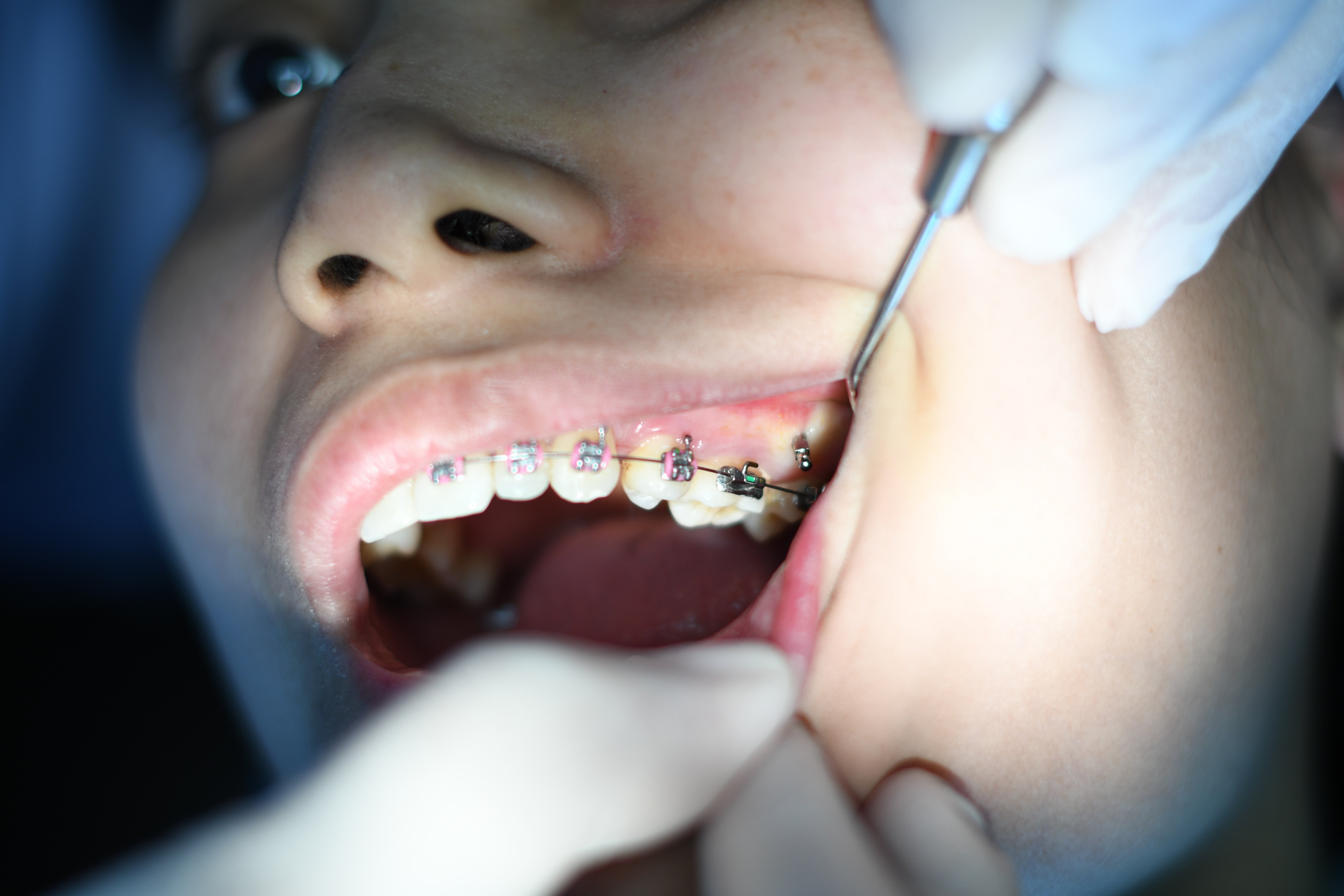Discover the recommended frequency for professional teeth cleaning and its importance in maintaining oral health.
Understanding the Importance of Regular Teeth Cleaning
Regular teeth cleaning is crucial for maintaining optimal oral health. When we brush our teeth, we can only remove plaque and tartar to a certain extent. Over time, this buildup can lead to various dental problems, including tooth decay and gum disease. Professional teeth cleaning performed by a dentist or dental hygienist ensures that all plaque and tartar are thoroughly removed, reducing the risk of dental issues.
In addition to plaque and tartar removal, regular teeth cleaning also allows dental professionals to examine your mouth for any signs of oral health problems. They can detect early signs of tooth decay, gum disease, or even oral cancer. By identifying these issues early on, treatment can be more effective and less invasive.
Furthermore, regular teeth cleaning can help prevent bad breath. Plaque and tartar buildup can contribute to unpleasant odors in the mouth. By removing these substances, your breath can stay fresh and clean.
Overall, understanding the importance of regular teeth cleaning is essential for maintaining good oral health and preventing dental problems.
Factors That Determine How Often You Should Get Your Teeth Cleaned
The frequency of teeth cleaning can vary depending on several factors. These factors include:
1. Oral hygiene habits: If you have excellent oral hygiene habits, including brushing twice a day and flossing daily, you may require less frequent professional teeth cleaning.
2. Presence of dental issues: If you have existing dental problems, such as gum disease or a history of tooth decay, your dentist may recommend more frequent teeth cleaning to prevent further complications.
3. Medical conditions: Certain medical conditions, such as diabetes, can increase the risk of dental problems. In such cases, your dentist may suggest more frequent teeth cleaning to maintain optimal oral health.
4. Lifestyle factors: Smoking and certain dietary habits can contribute to plaque and tartar buildup. If you smoke or consume foods and drinks that are known to stain or damage teeth, your dentist may advise more frequent professional cleaning.
5. Age: Children and older adults may require different frequencies of teeth cleaning. Children may need more frequent cleanings as their teeth and gums are still developing, while older adults may require more frequent cleanings due to age-related oral health issues.
Recommended Frequency for Professional Teeth Cleaning
The general recommendation for professional teeth cleaning is to have it done every six months. This frequency allows for regular plaque and tartar removal and helps maintain good oral health.
However, it's important to note that the recommended frequency may vary depending on individual needs. Your dentist or dental hygienist will assess your oral health and determine the appropriate frequency for teeth cleaning. They may recommend more frequent cleanings if you have specific risk factors or dental issues.
It's essential to follow your dentist's recommendations and schedule regular teeth cleaning appointments accordingly. By doing so, you can ensure that your teeth and gums stay healthy and minimize the risk of dental problems.
Benefits of Regular Teeth Cleaning
Regular teeth cleaning offers several benefits for your oral health:
1. Prevents tooth decay: By removing plaque and tartar, professional teeth cleaning helps prevent the development of cavities.
2. Reduces risk of gum disease: Plaque buildup is a leading cause of gum disease. Regular cleaning removes this buildup, reducing the risk of gum inflammation and infection.
3. Removes surface stains: Teeth cleaning can help remove surface stains caused by certain foods, drinks, and habits like smoking, resulting in a brighter smile.
4. Early detection of oral health problems: During teeth cleaning appointments, dental professionals can identify any signs of oral health issues, allowing for early intervention and treatment.
5. Fresher breath: Removing plaque and tartar helps eliminate the bacteria that contribute to bad breath, resulting in fresher breath.
6. Improved overall health: There is growing evidence linking oral health to overall health. Regular teeth cleaning can contribute to better overall health by reducing the risk of systemic conditions like heart disease and diabetes.
Tips for Maintaining Oral Health Between Cleanings
While professional teeth cleaning is crucial, maintaining good oral health between cleanings is equally important. Here are some tips to help you:
1. Brush your teeth twice a day: Use a soft-bristle toothbrush and fluoride toothpaste to thoroughly clean your teeth and remove plaque.
2. Floss daily: Flossing helps remove plaque and food particles from between your teeth and along the gumline.
3. Use mouthwash: Rinse with antimicrobial mouthwash to kill bacteria and freshen your breath.
4. Maintain a healthy diet: Limit sugary and acidic foods and drinks, as they can contribute to tooth decay. Instead, opt for a balanced diet rich in fruits, vegetables, and whole grains.
5. Avoid tobacco products: Smoking and using other tobacco products can increase the risk of oral health problems.
6. Schedule regular dental check-ups: Along with professional teeth cleaning, regular dental check-ups allow your dentist to monitor your oral health and address any concerns.
By following these tips, you can maintain good oral health and support the benefits of professional teeth cleaning.


